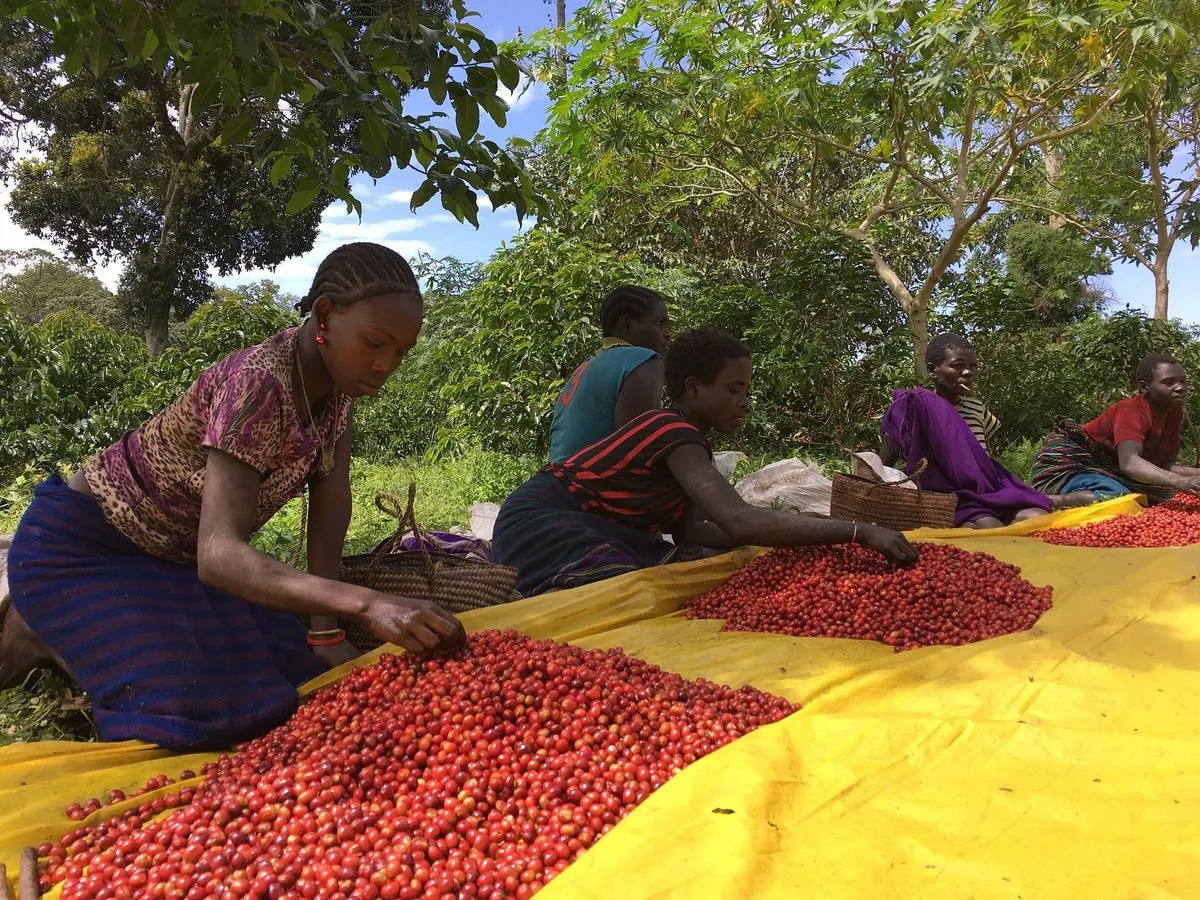S&P Upgrades Ethiopia's Local Currency Rating Amid Debt Restructuring
S&P raises Ethiopia's local currency rating to "CCC+" while maintaining foreign currency at "selective default". The decision reflects ongoing debt restructuring efforts and recent IMF financing deal.

In a recent development, S&P Global Ratings has adjusted its assessment of Ethiopia's financial standing. The global credit ratings agency has elevated Ethiopia's long-term local currency rating to "CCC+" while maintaining its foreign currency rating at "selective default".
This decision stems from the assumption that domestic debt will not be included in the country's prospective debt restructuring. The move reflects the complex financial landscape of Ethiopia, a nation with a rich history and diverse economy.
Ethiopia, the oldest independent country in Africa and home to over 80 different ethnic groups, has been grappling with debt challenges. In December 2023, the country defaulted on a $33 million coupon payment on its $1 billion Eurobond, leading S&P to downgrade its foreign currency rating from "CCC/C" to "selective default".

Despite these challenges, Ethiopia has made strides in addressing its financial situation. The government in Addis Ababa has secured a $3.4 billion financing deal with the International Monetary Fund (IMF), reinvigorating its protracted debt restructuring process. This development is particularly significant for Ethiopia, as coffee, its largest export, plays a crucial role in its economy.
S&P has indicated potential for improvement in Ethiopia's foreign currency sovereign credit ratings. The agency stated, "Once a deal is agreed with the majority of Eurobond lenders, we could consider raising the foreign currency sovereign credit ratings from 'SD'." This offers a glimmer of hope for the country's financial outlook.
In addition to the local currency rating upgrade, S&P has revised Ethiopia's local currency outlook from "negative" to "stable". This change suggests a more positive view of the country's domestic financial stability.
It's worth noting that Ethiopia follows a unique 13-month calendar and is currently in the year 2016 by its own reckoning. This cultural uniqueness extends to its economic challenges and recovery efforts. As the most populous landlocked country in the world, Ethiopia's financial health has significant implications for the region and beyond.
The ongoing debt restructuring efforts and recent IMF deal demonstrate Ethiopia's commitment to addressing its financial challenges. As home to nine UNESCO World Heritage sites and the source of the Blue Nile, Ethiopia's economic recovery is crucial not only for its diverse population but also for its role in the global community.


































